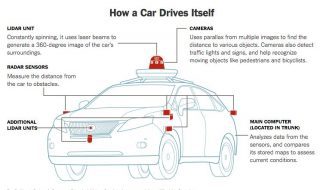
In today’s competitive business environment of modern IT systems, cloud computing can mean the difference between success and failure.
Cloud computing offers IT leaders and their organizations on-demand access to the software and services they need to run their business properly while offering the IT department a set of shared and configurable resources across layers: platform, infrastructure and applications.
Although there are many benefits derived from the use of cloud computing with both public and private clouds, there are also some challenges to be faced in this area, especially when dealing with hybrid environments. Addressing them successfully will depend on the ability to apply the best practices that help ensure their safety and efficiency. Infinigeek will try to respond to all of your questions about this and similar topics.
The challenges of the hybrid cloud

Among the most relevant challenges posed by cloud computing in a hybrid context, three stand out:
Modernization of network design – the objective must ensure that the integration between local applications and data and between private and public services in the cloud culminates successfully. The construction of a hybrid network in the cloud requires a strategic plan that must be defined before starting the initiative, even prior to the selection of the cloud provider.
Encrypted traffic management – high granularity services, horizontal scalability or adequate support for the most recent encryption protocols are some of the requisites required for application network solutions in this environment. The key to overcoming this challenge is to reach a sufficient level of understanding of the types of security threats.
Capacity planning – this challenge is directly related to cost control. Because, on the one hand, although cloud computing is still a very profitable alternative, the fact is that the intensive use of a public cloud can increase the level of investment needed. And, on the other hand, the creation of a private cloud is an important effort, given the physical hardware environments needed. Minimizing the investment in hardware load balancers where there are software alternatives available is the most efficient way to control spending.
Best practices for hybrid cloud computing

In addition to the proposed solutions to manage each of the main challenges of hybrid cloud computing, before a cloud project, it is always advisable to take into account the following best practices: try different services to find the ones that work best, agility is the key that makes it possible to minimize costs and benefit from a boost to performance, automate end-to-end services, use technology that provides data portability and cloud applications.




